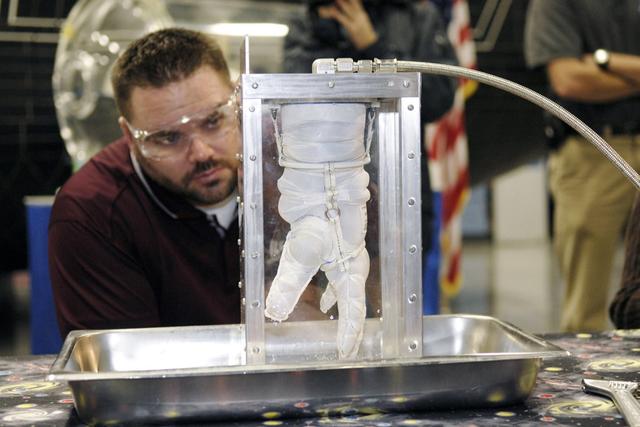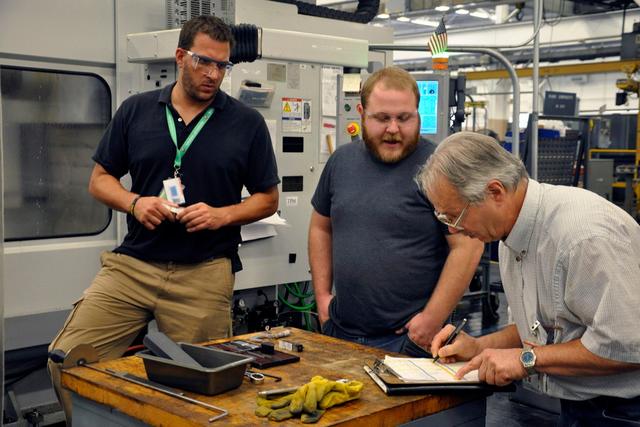Automotive Engineering Technicians
Overview

Introduction
Automotive engineering technicians are skilled workers who are employed by car and truck manufacturers as well as parts suppliers to help automotive engineers utilize design concepts to build and enhance the operation of entire vehicles or individual automotive parts or systems. They also work on the vehicles engine design, aerodynamics, performance and fuel efficiency, safety features, ergonomics, and other aspects of a vehicles operation. More than 392,000 engineering technicians and technologists work in the United States, and th...
Quick Facts
Median Salary
Employment Prospects
Minimum Education Level
Experience
Skills
Personality Traits
Earnings
Salaries for engineering technicians in the automotive industry vary by employer, sector, location, experience, and specialty. In May 2023, engineering technicians and technologists who worked in motor vehicle manufacturing earned average saries of $77,280, according to the U.S. Department of Labor. It also reports the following average salaries for technicians and technologists (by specialty) ...
Work Environment
Automotive engineering technicians spend much of their time at manufacturing sites and other work sites. They work with different types of machines and must take safety precautions and follow proper procedures to prevent injury from equipment and exposure to chemicals and toxic materials.
Most automotive engineering technicians work full-time, with occasional overtime during weeknights a...
Outlook
The U.S. Department of Labor reports the following employment outlooks for engineering technicians and technologists in motor vehicle manufacturing from 2022 through 2032:
- industrial: +6.6 percent
- electrical and electronics: +6.6 percent
- mechanical: +1.3 percent
- electro-mechanical and mechatronics: ?0.8 percent
The automotive industry is str...




















































































